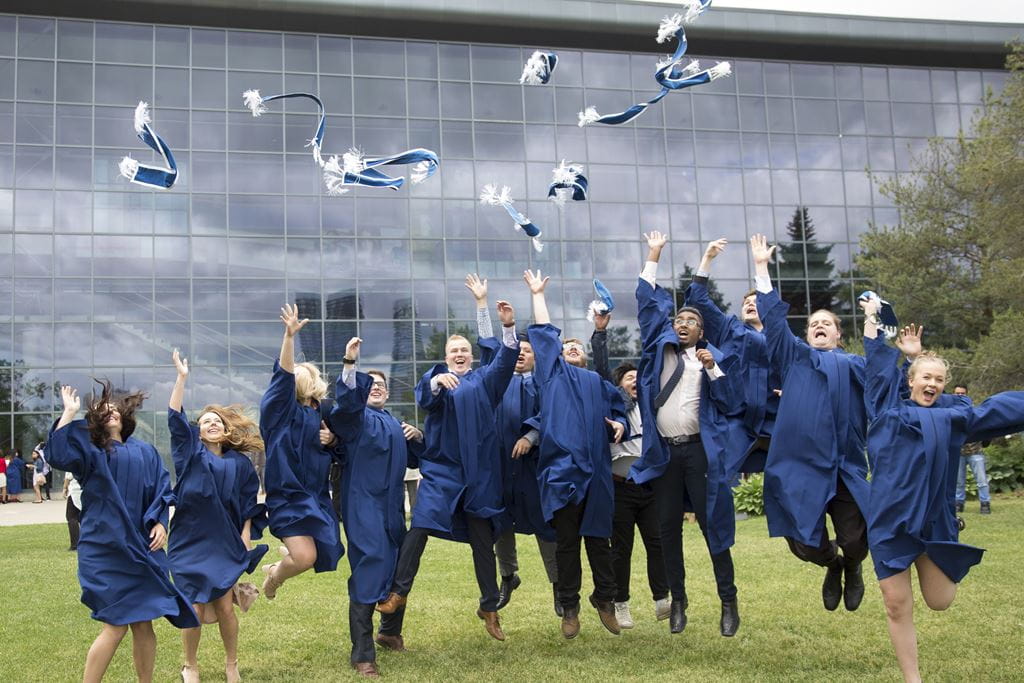
Eric Liberda

Faculty of Applied Science & Technology
Degree: Environmental Chemical Engineering Technology
Year of graduation: 2002
Eric Liberda hears many questions during his travels into Indigenous communities along the remote shoreline of James Bay: is the fish safe to eat? Is the soil clean enough to grow crops? Are there toxins in the dust that is floating from the nearby diamond mine? As an associate professor at Ryerson University and a researcher specializing in environmental toxins and nanoparticles, he tries to answer those questions. Beginning this fall, Liberda will take a sabbatical from his teaching duties to spend time in the northern reaches of Ontario and Quebec, working with the Cree Trappers’ Association on a project to examine potential contamination in the meat that makes up their diets.
It’s just the latest stop in a career devoted to using science to understand toxins in the environment, and how to live with them safely. Liberda’s love of chemistry was first sparked in Sheridan’s Environmental Chemical Engineering Technology program nearly 20 years ago. He enjoyed working with the instruments and wanted to study science further, so he enrolled in Environmental Health at the University of Waterloo, before going on to earn other graduate degrees and a PhD in toxicology and exposure sciences from New York University. He says his time at Sheridan was very helpful once he got to university.
“Being in a lab and fixing machines, knowing how they work, that helped me so much through my undergrad, masters and PhD,” he recalls. “Having that kind of intimate knowledge of the instruments themselves, I didn’t get that anywhere else.”
It was during his undergraduate studies that he first visited northern Ontario with one of his professors. He was immediately intrigued by the questions people had about the environment they were living in, and how he could help. In 2014, he led a project investigating dust coming from the diamond mine in the Frist Nation community of Attawapiskat, and he’s currently working on a project looking at land contamination in Fort Albany. Liberda says climate change is now making it possible for sub-Arctic communities to farm, but residents are worried about chemicals in the land leftover from military radar sites used during the Cold War. Liberda relies on members of the band council and community to bring him questions, and help him share results, especially when data reveals potential harm in traditional foods like fish.
“If you’re eating Sturgeon, which is a fatty fish, (we would suggest) trying to remove the fat because certain contaminants rest in the fat of the fish. Or let’s say you’re a fisherman and you catch a lot of the same species, we would suggest trading for another type of species so you’re not being exposed to the same toxins in a specific species all the time,” he explains. “We would never say don’t eat the fish - we just educate about precautions.”
He and his research team always share their results with the band council, make information sheets available in the local languages and hold open houses to ensure people have time to ask questions. While he got into chemistry for love of the science, seeing how his studies come out of the lab and make a real difference for people is what keeps him inspired about his work. “I love speaking with hunters and trappers about their concerns, and trying to find a solution,” he says. “I love the work itself. I love being in remote areas – it’s so pristine. The environment itself is amazing to be in, but mostly (I love) the interaction.”
